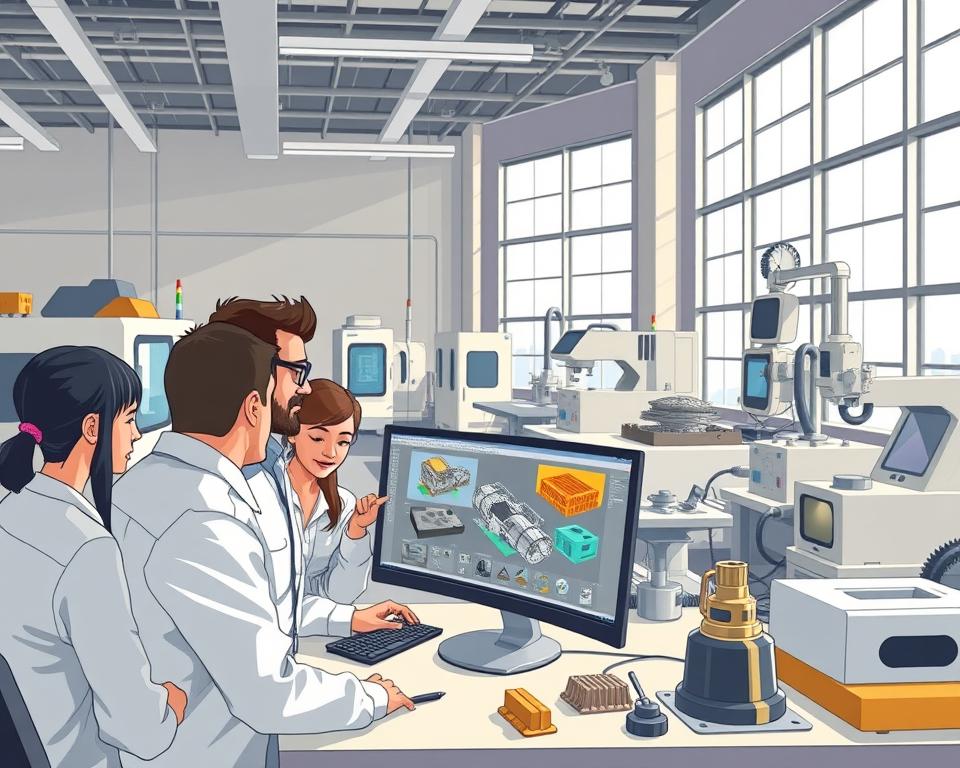Top Male Strippers Big Bear – Top Entertainment
What makes a party unforgettable? It’s not just the music or decorations. It all comes down to the way you get everyone interacting.
Benefits of Hiring Professional Male Strippers in Big Bear
| Feature | Billy Rock | Exotique |
|---|---|---|
| Setting Type | Casual home events | Upscale hotel suites |
| Signature Theme | Pizza delivery roleplay | James Bond sophistication |
| Guest Engagement | Polaroid photos | Lap dances ($20+) |
Themed Performances
Upgrade your party through themed acts. Firefighter and police officer themes remain crowd favorites, mixing comedy and dance. Exotique’s female stripper Big Bear show up in full costume with prop accessories to heighten the experience.
Audience Participation Levels
Control the energy level. Billy Rock’s instant snapshots keep interactions lighthearted, while Exotique offers tiered participation – from cheeky $20 lap dances to full-group games. You can set limits and preferences ahead of time.
“Our clients love having options – you can enjoy a PG-13 show or turn up the heat.”
From themed costumes to venue versatility, professional strippers make every gathering a memorable tale. The right mix of safety protocols and customizable features ensures every event feels uniquely yours.

Best Occasions for Male Revue Shows
Male revue shows turn any event into an electric experience, making routine gatherings truly memorable. They are perfect for birthday celebrations or ladies’ night entertainment. Our performers create moments that resonate with your event’s atmosphere.
- Customized dance routines
- Group photo sessions
- Humorous guest involvement
Ways to Engage Guests
Billy Rock’s post-split celebrations bring laughter and style to divorce parties. Performers engage guests through:
- Role-playing scenarios
- Mock “rescue missions from ex-spouses”
- Interactive dance-offs
| Event Type | Signature Experience | Perfect For | Duration |
|---|---|---|---|
| Bridal Shower | Magic Mike choreography | 15–50 guests | 60–90 mins |
| Birthday Bash | Cake-and-abs photo ops | 10–30 guests | 45–75 mins |
| Holiday Party | Santa-themed routines | 20–100 guests | 90–120 mins |
Milestone Birthday Packages
Celebrate decade birthdays with firefighter or cowboy-themed performers. Packages include age-appropriate humor and music playlists that resonate with the guest of honor’s era.
Secret Show Ideas
Plan surprise acts for retirement parties or promotions. Performers arrive disguised as delivery drivers before breaking into choreographed routines.
Office Party Activities
Construction worker strippers host office challenges that blend comedy with friendly competitions. Activities include gear relays and “hard hat dance-offs” to enhance workplace morale.
Festive Season Acts
Santa strippers deliver holiday cheer with gift-unwrapping acts and kissing games. New Year’s Eve packages feature bubbly-filled finales for ladies’ night entertainment.
Meet Our Sculpted Stars
Our sculpted entertainers bring a dynamic mix of dance, costumes, and audience interaction. They aim to leave you breathless. Whether it’s a hen night or birthday bash, each show combines athleticism with playful energy. Expect seamless transitions between acts, all while our muscle hunks showcase their signature charm.
Our performers excel in diverse dance genres, from hip-hop to ballroom grace. Exotique’s 2-hour revue features a 4-act structure. It starts with high-energy group numbers and moves to individual spotlights. You’ll witness sharp street-style moves and sensual Latin-inspired routines, all performed by dancers with chiseled bodies that highlight every motion.
Wardrobe Transformations
Billy Rock’s team goes all out on outfits, with over seven costume swaps. Watch as firefighters’ uniforms vanish to reveal CEO-style suits, or military gear transitions into tropical beachwear. These quick changes keep the visuals fresh and add an element of surprise—you’ll never guess what they’ll wear next!
Showtime Activities
Guest involvement steals the show. During the “paint n’ sip” game, volunteers join in to “paint” performers (with body-safe washable paint) while enjoying drinks. Other crowd favorites include quiz games with fun dares and dance-offs where guests can join the fun. It’s all about laughter and breaking the fourth wall!
Picture-Perfect Moments
Get keepsakes without discomfort. Exotique allows group photos after the show with strict consent rules. Billy Rock provides instant Polaroids during breaks. Both policies let you take fun photos and keep things professional.
How to Book Your Male Entertainment
Planning a night with professional male strippers in Big Bear is simple. Whether it’s a bachelorette party or a girls’ night out, we’ll guide you step by step.
Digital Booking
Many male strip clubs and agencies have digital booking. Exotique lets you book tickets online with a $125 deposit. Billy Rock’s team gets back to you in just a couple of hours. For weekend plans, lock in your date at least three days prior.
Personalized Consultation
Prefer a human touch? Billy Rock’s 24/7 phone service connects you with coordinators. Exotique offers virtual meetings to nail down details. Both offer:
- Customizable performance durations
- Multiple dancer package options
- Private invoices
| Feature | Exotique | Billy Rock |
|---|---|---|
| Booking Method | Online form + deposit | Phone/email |
| Response Time | 4 business hours | Immediate call-back |
| Special Requests | Theme customization | Last-minute changes |
Recommended Guest Counts
Exotique recommends at least five guests for reserved seating. Billy Rock’s home parties are best with 8-15 guests. Smaller groups might consider joining another event for shared costs and more energy.
Venue Preparation Checklist
Prepare your venue by:
- Clearing a 10×10 ft performance area
- Stocking $1 bills for tipping
- Setting up Bluetooth speakers
- Providing bottled water for dancers
- Lowering lights; LED candles are ideal
Billy Rock’s team advises moving breakables before performances. Exotique recommends confirming crew parking. The more prepared your venue, the smoother the event!
The Bottom Line: Create Lasting Memories Tonight
In Big Bear, gentlemen entertainers deliver unrivaled fun for any event. Options range from Exotique’s upscale theater at 560 7th Avenue to Billy Rock’s dynamic traveling shows. Exotique’s weekend performances, on Fridays and Saturdays, have delighted over 46,625 guests with their polished choreography and themed acts.
Billy Rock Entertainment is known for its distinctive acts, including mobile limo parties and novelty acts. Their midget stripper performances add a touch of humor and excitement to bachelor parties or birthday celebrations. Both companies focus on safety and professionalism, ensuring memorable and engaging experiences.
Exotique’s venue offers VIP seating and custom lighting for an immersive experience. Billy Rock’s flexible setups are perfect for in-house gatherings or office parties. With last-minute reservations an option, planning your event is effortless.
Ready to make your night unforgettable? Reserve Exotique’s Friday/Saturday shows for a refined vibe or Billy Rock’s troupe for spontaneous fun. These expert entertainers guarantee joy, thrills, and lasting memories. Your unforgettable night begins with just one click or call.









